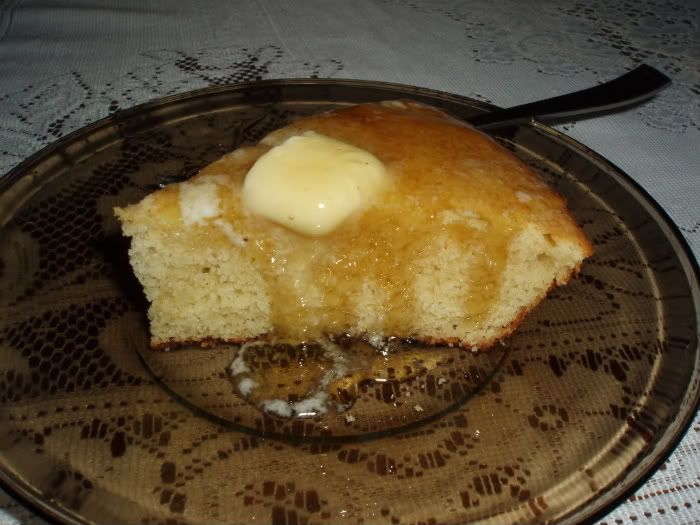FryBoy
New member
In another recent thread concerning coffee makers, there was some mention of so-called "gold" coffee filters -- although they're not really filters, they're just fine metal strainer devices that hold the grounds in place while the coffee is made.
I stopped using the metal "filters" several years ago after reading reports on the health consequences of unfiltered coffee. In short, unfiltered coffee, including coffee made using a gold "filter," causes a significant increase in LDL, the bad form of cholesterol. Paper filters have been shown to remove the compounds that cause this.
Since reading the studies, we've been using unbleached coffee filters. Some purists may argue that the resulting coffee is less flavorful than unfiltered coffee, but that's pretty much been disproved in blind tasting by coffee experts.
Here's a report from the American Heart Association on the subject:
http://atvb.ahajournals.org/cgi/reprint/11/3/586.pdf
I stopped using the metal "filters" several years ago after reading reports on the health consequences of unfiltered coffee. In short, unfiltered coffee, including coffee made using a gold "filter," causes a significant increase in LDL, the bad form of cholesterol. Paper filters have been shown to remove the compounds that cause this.
Since reading the studies, we've been using unbleached coffee filters. Some purists may argue that the resulting coffee is less flavorful than unfiltered coffee, but that's pretty much been disproved in blind tasting by coffee experts.
Here's a report from the American Heart Association on the subject:
http://atvb.ahajournals.org/cgi/reprint/11/3/586.pdf







